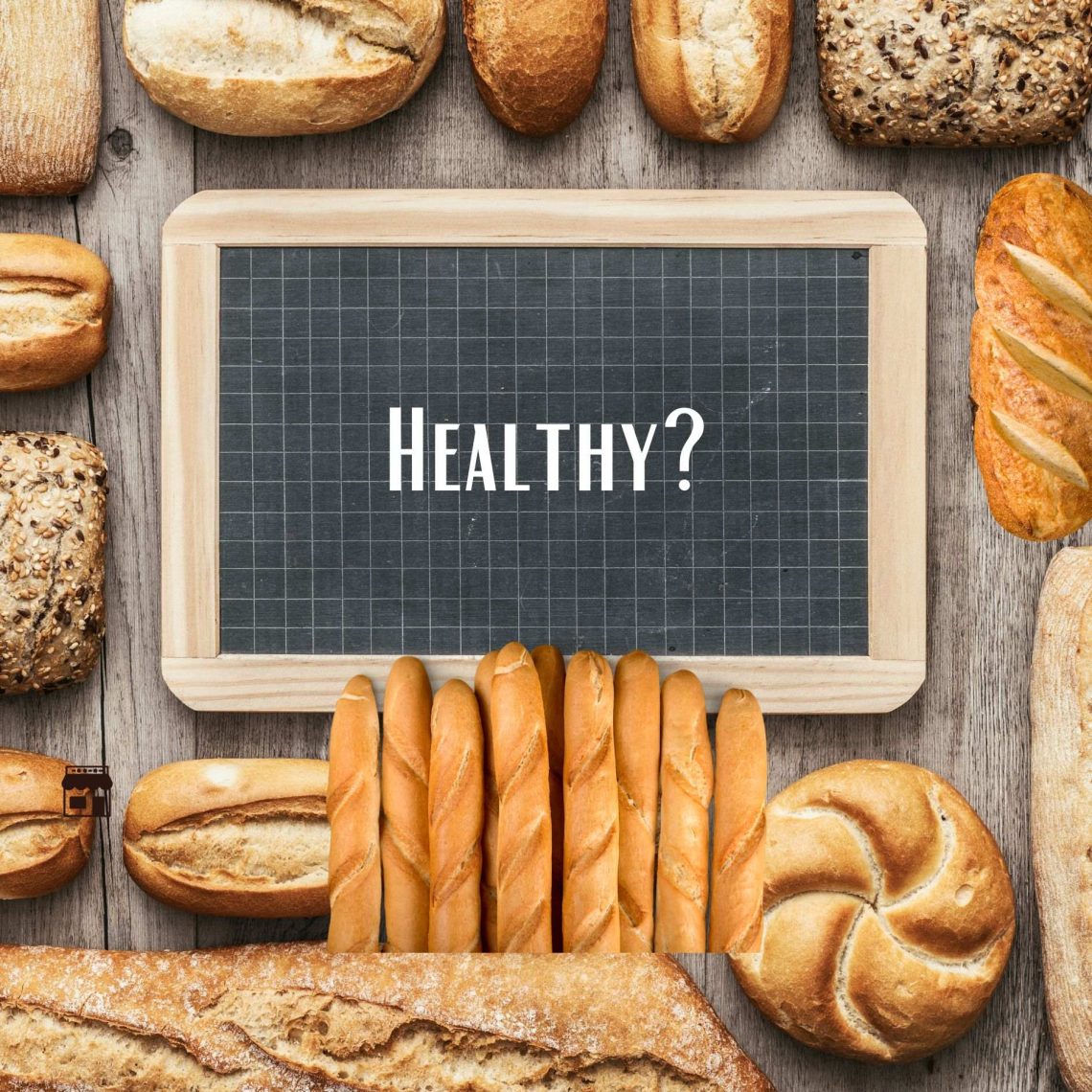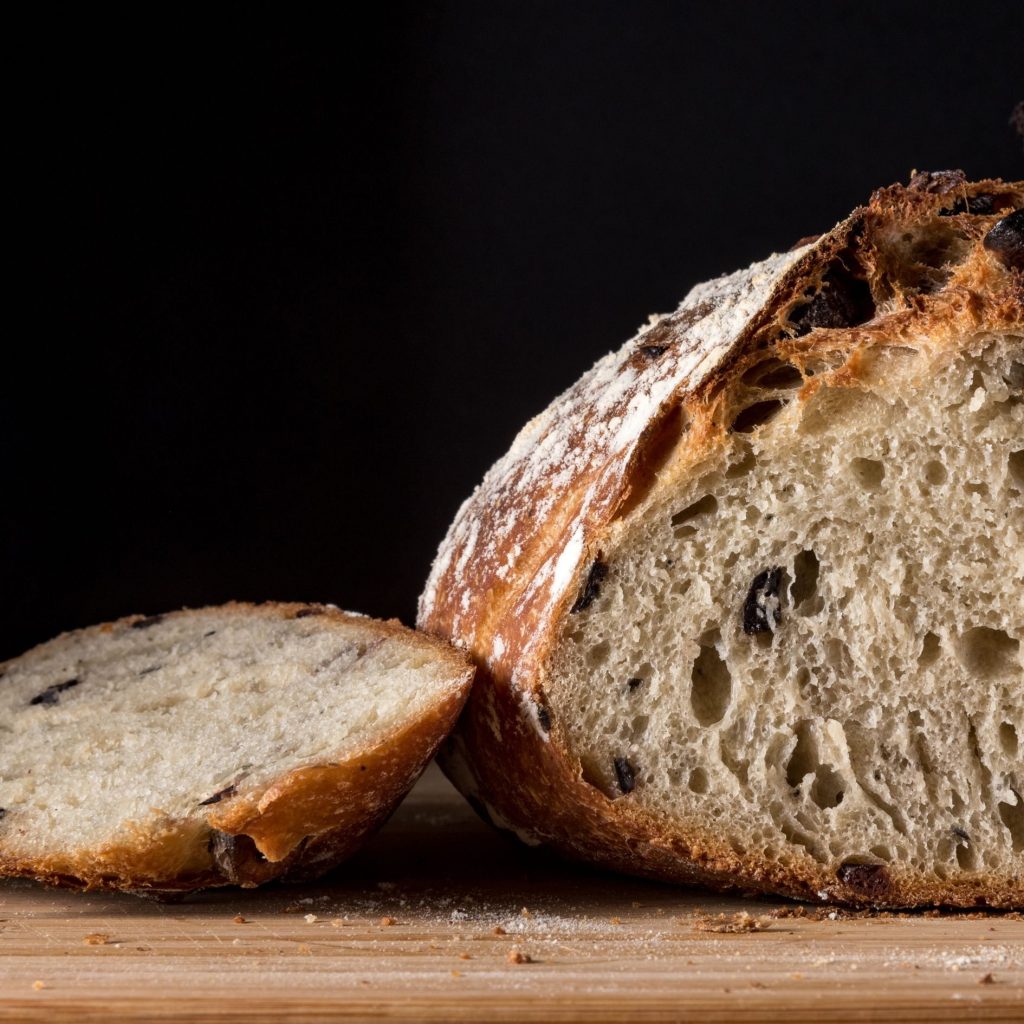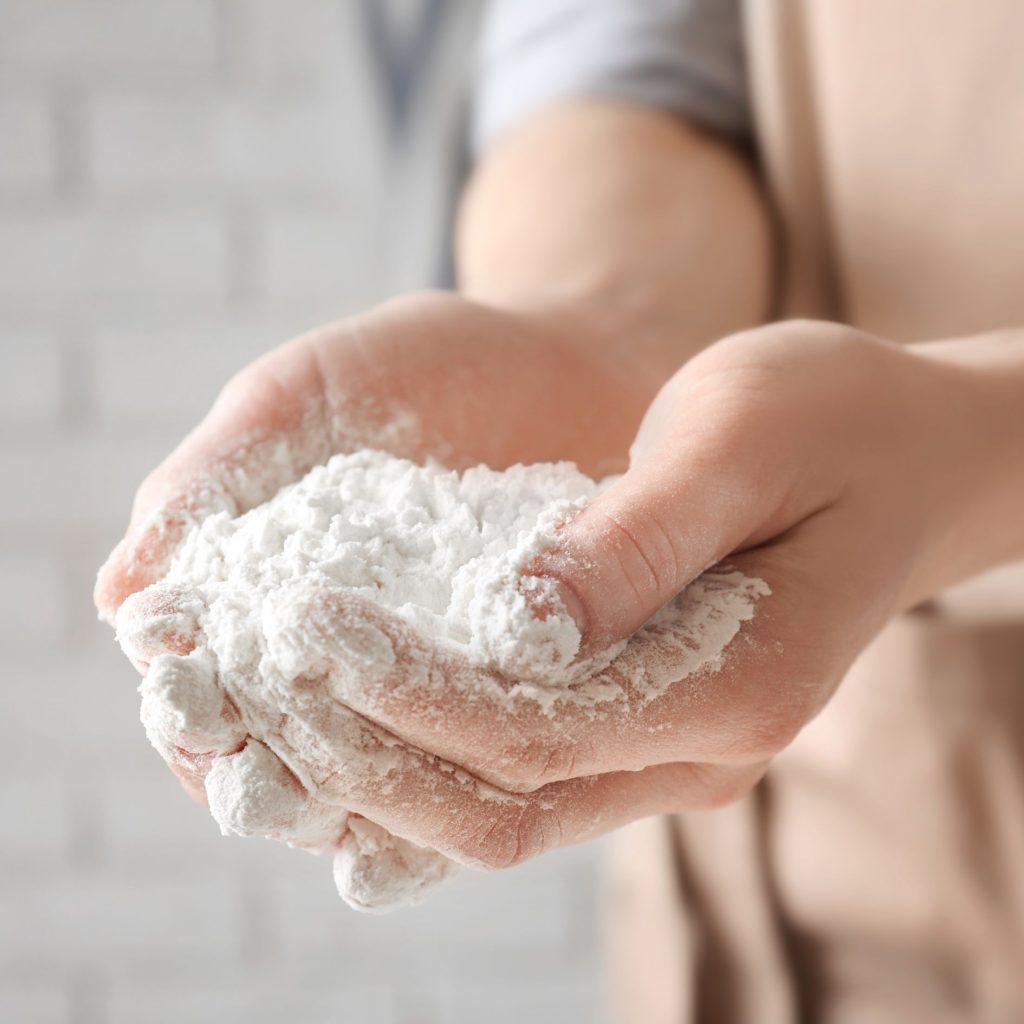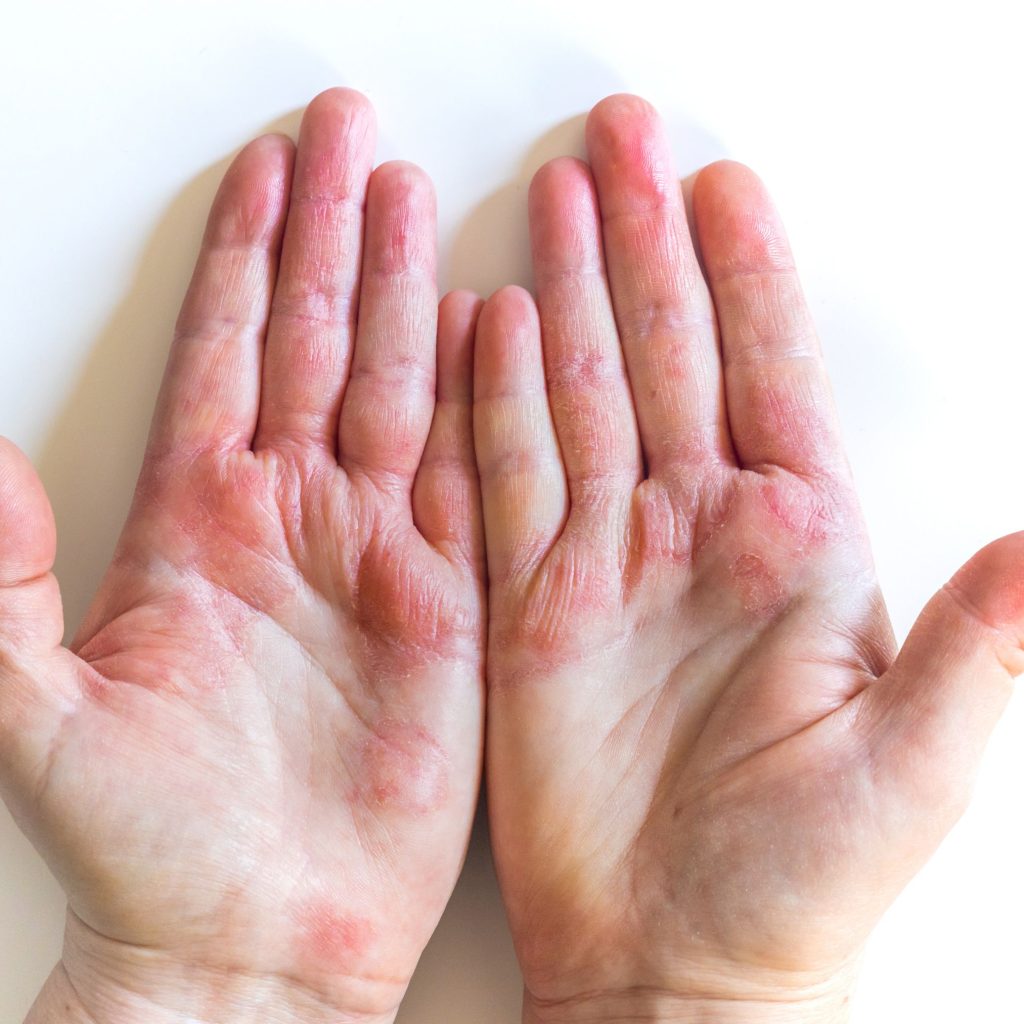
Why do I avoid eating bread nowadays?
It’s a question I often hear, and sometimes it’s not easy to answer. I’ll be honest, I used to love bread 🙂 But not the bread you find on the commercial market today. I want to share my thoughts on this.
Bread, as I remember it from over 40 years ago, was something special. It was the taste of real baking tradition, handmade, with a beautiful golden crust, full of aroma and a delicate crunch. Unfortunately, today’s bread is quite different from those days. So why don’t I eat modern bread? There are several reasons.

Firstly, the bread produced today is the result of processes that make it less and less healthy. The flour used to make it is highly processed, and various substances are added during its production, such as colorings (to make the bread appear more natural), preservatives, leavening agents, flavors, and many more. It’s worth considering that preservatives in bread can have a negative impact on our health. Often, we are not even aware of how many of these substances we consume daily.
Another aspect is that wheat flour, the primary ingredient in bread, is also present in many other food products. This means that our diet is becoming increasingly dominated by wheat, which can lead to overconsumption of this ingredient.

During the production process of wheat flour in factories or production facilities, wheat grains undergo intensive processing. Starch and protein are separated, and all the valuable nutrients are ultimately eliminated. What we get is a nutrient-poor substance that lacks most of the valuable fibers and has little in common with what used to grow in the fields. That’s why, during the enrichment process, vitamins, iron, fiber, and other elements are added to the flour.
Unfortunately, in addition to enriching, other “additives” find their way into the flour, such as:
- Preservatives (sorbic acid or calcium propionate) that prevent the growth of mold and yeast.
- Bleach (nitrogen peroxide) that gives the flour a white color.
- Emulsifiers (mono- and diglycerides of fatty acids) that help maintain the right consistency and texture of products.

If you take a closer look at the action of these additives (see the list below), you’ll understand why they can lead to skin issues like eczema, rashes, swelling, as well as gastrointestinal problems such as diarrhea and stomach pain.
What makes me cautious about bread is not the desire to completely give it up. It’s rather an attempt to find alternatives that are more natural and less processed. It’s also worth baking bread at home, using whole-grain flour and natural ingredients, to recapture the taste and nutritional value that were once associated with traditionally baked bread.

ps.
Sorbic Acid:
In general, sorbic acid is considered safe at relatively low concentrations that are typically used in food products. However, some allergic reactions may occur in individuals who are sensitive to this substance. In rare cases, consumption of sorbic acid can trigger allergic reactions, such as skin rashes, itching, swelling, or gastrointestinal problems like diarrhea and stomachaches. Long-term consumption of large amounts of sorbic acid may affect digestion and lead to gastrointestinal disturbances.
Calcium Propionate:
Calcium propionate is another preservative commonly used in food, especially in bakery products, to prevent the growth of mold and yeast. In rare cases, some individuals may be sensitive to calcium propionate and experience allergic reactions or food intolerance. It can lead to gastrointestinal irritation, allergic symptoms like rashes or swelling, and digestive issues such as stomachaches.
In general, mono- and diglycerides of fatty acids (E471) are considered safe for consumption in the quantities typically used in food. They are regulated by food authorities in many countries and must meet specific safety standards. There is no clear evidence that these emulsifiers are harmful to health at the levels commonly used in food. However, research is ongoing to understand potential long-term health effects of consuming larger quantities of emulsifiers in the diet. Possible Gastrointestinal Disturbances:
In some cases, the consumption of large quantities of emulsifiers may affect the gut microbiome, which in turn can influence digestive functions. Some individuals may experience gastrointestinal disturbances like diarrhea, bloating, or stomachaches after consuming products containing a high amount of emulsifiers. Potential Allergic Reactions:
While cases of allergies to mono- and diglycerides of fatty acids are rare, some individuals may be sensitive to these substances and could experience allergic reactions, such as skin rashes or swelling.





